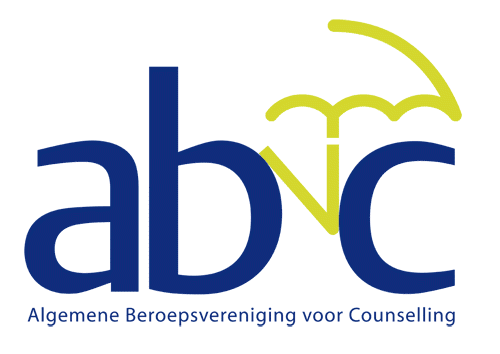Counsellors regularly treat clients who come into therapy struggling with symptoms that are related to hurts they experienced through acts such as sexual and physical abuse, rape, and many other forms of victimization. Forgiveness is a complex matter and so within the therapeutic context, while the issue of forgiveness may be promoted, it might not even be considered. From a person-centred perspective, therapists approach clients’ issues with warmth, genuineness, and understanding. It is through trying to understand clients’ point of view with an attitude of unconditional positive regard that counsellors facilitate change as clients decide what they want in specific situations. Thus, an important concern for many therapists is how to introduce forgiveness in therapy in such a way that is supportive and sensitive
to clients’ feelings and needs.
Challenges to Forgiveness
In approaching the issue of forgiveness in therapy, therefore, therapists need to be sure that they have not only a clear understanding of what forgiveness is but also what their clients want. These two factors are intricately linked as the effectiveness of conveying an understanding of forgiveness and its benefits could influence clients’ decisions as to whether forgiveness is something that they desire to pursue. What is presented to clients in some cases as “forgiveness” might just be encouraging them to forget the deep wrongs done to them. This is saying to clients that the wrongs done were unimportant and can be easily dismissed. Even more devastating for clients is
the idea that forgiveness means excusing the perpetrators’ behaviours. For clients who have been offended, this is not acknowledging that what was done to them was wrong. Clients cannot embrace “forgiveness” that appears to condone offenders’ behaviours and seemingly invalidates such feelings of anger, grief, and hurt with which they continue to struggle.
Forgiveness in Therapy
Despite the obvious challenges, therapy that promotes forgiveness is gaining momentum (Wade & Worthington, 2005; Enright, 2017). In my counselling practice, I often recognize the need to help clients find a path to emotional healing through forgiveness. I have found it necessary to explore such feelings as anger, grief, and betrayal with clients and validate their feelings about the issues surrounding the offence. It is also important that clients are ready to forgive their offenders as forgiveness should never be forced on them. Wade and Worthington (2005) extracted the following six steps to forgiveness in therapy from a content analysis of interventions to promote
forgiveness. I think counsellors could find these steps useful in helping their clients increase forgiveness and decrease psychological symptoms.
- Defining forgiveness; that is, describing clearly what forgiveness is.
- Recalling the hurt; that is, helping clients to remember the transgressions in a supportive environment.
- Building empathy; that is, helping clients “to see the offender within the context of the situation and to empathetically understand
the factors that could have motivated the offence (p. 167) - Acknowledging own offences; this could include clients recalling and reflecting on their offences against others, with recognition
of instances of their own need for the forgiveness that they are willing to give to others. - Committing to forgiveness; that is, to make a statement or public commitment to forgive the offender.
- Overcoming unforgiveness; this includes strategies to help clients control their anger and desires for revenge.
Forgiveness is a difficult process but interventions that promote forgiveness could help clients to gain more balanced perspectives on the
offences they experienced and decrease negative feelings towards the offenders. This process can lead to their improved mental health
and well-being and a better quality of life.
Dr Yvette Stupart is a Clinical Counsellor and the Director of the Master of Arts in Counselling Psychology programme at the Caribbean
Graduate School of Theology, Kingston, Jamaica.
References
Lees de hele nieuwsbrief van IAC hier → | Read the full IAC newsletter here →
Blijf op de hoogte van de ABvC
Nieuwsbrief
Wil je op de hoogte blijven van de ABvC en counselling in het algemeen? Schrijf je dan in voor onze nieuwsbrief.
Lid worden?
Een lidmaatschap van de ABvC biedt veel voordelen als je als counsellor aan de slag wilt gaan. klik op de button voor meer informatie of om je aan te melden.
Komende workshops
De ABvC organiseert regelmatig workshops en themadagen die je ook als niet-lid kunt bijwonen. Klik op de button voor meer informatie.

